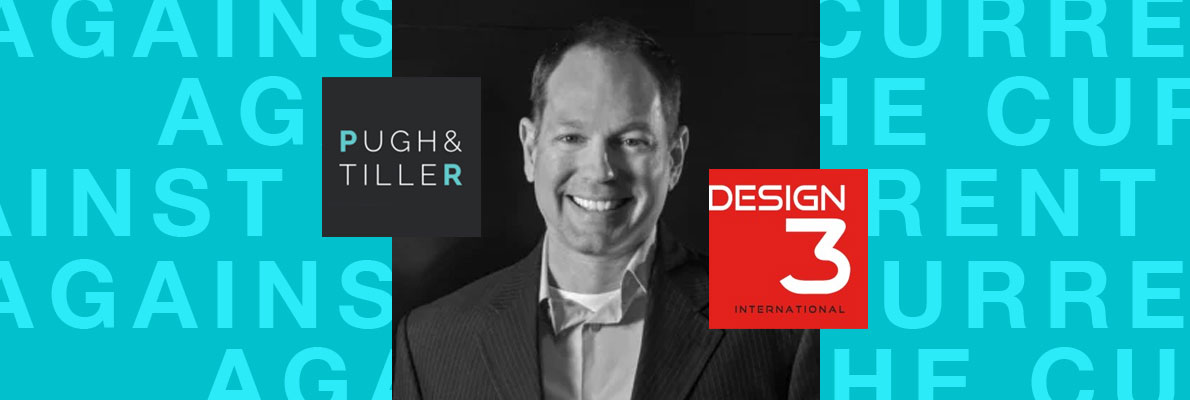Tell us about your company, your role, and top priority or initiative over the next six months.
As the Marketing Director of an international design firm, I have the privilege of engaging new prospects around the world. Time zones, late night or early morning Zoom calls were a way of life long before the pandemic forced everyone into that space. Working internationally often offers a buffer from the economic boom-bust cycles of any single country or global region – rarely do all world economies rise or fall in unison. But that also means that we may occasionally run two very different marketing strategies concurrently.
Given the current and/or projected state of the economy, what has been the greatest challenge(s) you’ve faced so far or anticipate in 2023?
B2B marketers always face various challenges influenced by the state of the economy. In a good economy, we are immersed in doing great design work, capitalizing on our successes, and making new connections. But uncertainty surrounding global markets, and inflationary pressures are ever-present hurdles. In a challenging economy, B2B marketers must adapt to these challenges by re-aligning (and reassessing) to our core business goals, managing operational costs, and finding innovative ways to maintain client satisfaction amidst economic fluctuations.
Are current market conditions or concerns about the economy later this year impacting your marketing plans? If so, how?
Yes, market conditions and economic concerns undoubtedly impact marketing plans. B2B marketers need to carefully analyze the market landscape, consumer behavior, and purchasing power to tailor their marketing strategies accordingly. With a potential economic downturn, marketers may focus more on cleint retention, offering value-added services, and adopting cost-effective digital marketing approaches to optimize budgets.
As a B2B marketer, what tends to be pressures you experience that B2C or B2G marketers may not understand or appreciate?
B2B marketers face unique pressures that may not be immediately apparent to B2C or B2G marketers. B2B sales cycles are typically longer, involving multiple decision-makers and complex negotiations. Relationship-building and fostering trust become critical for successful B2B marketing. Additionally, B2B marketers often need to navigate intricate procurement processes and showcase long-term value propositions, requiring a deep understanding of the target industry and its dynamics.
Does PR play a role in your overall marketing strategy, and if so, where does it provide the most value? Where does it fall short?
Public relations plays an important role in the overall marketing strategy of B2B businesses. John Wanamaker of Philadelphia’s famed Wanamaker’s department store once said, “Half the money I spend on advertising is wasted; the trouble is I don’t know which half.” But effective PR efforts can certainly help establish credibility, build brand reputation, and enhance thought leadership within the industry. By securing media coverage, participating in industry events, and engaging with key stakeholders, PR efforts can generate valuable exposure for B2B companies. However, PR may fall short in terms of lead generation and direct sales impact, as its primary focus is on brand perception rather than immediate conversion.
Do you or your team currently leverage ChatGPT or another AI tool? How so?
Clearly, ChatGPT is impressive, and our team has really only begun to explore ChatGPT and its potential. For now, all design is done exclusively by real people.
What are your summer plans?
Beyond my work life, I always explore opportunities for rejuvenation and personal growth. I plan to take a break to recharge and reflect on the achievements and challenges of the past months. Webinars, industry publications, and podcasts are my way to stay updated on emerging trends. Overall, the summer will be a balance of relaxation and professional development.
You can learn more about, follow, and connect with MJ on LinkedIn.

